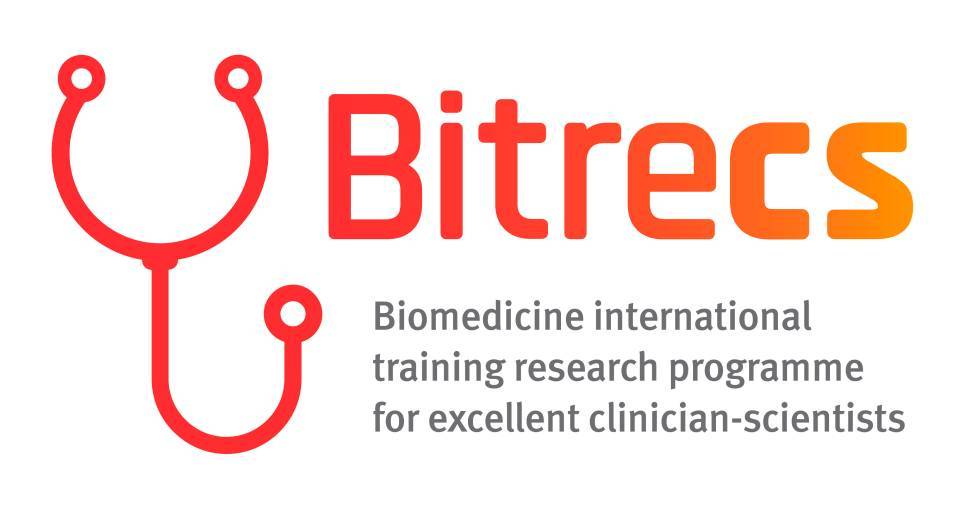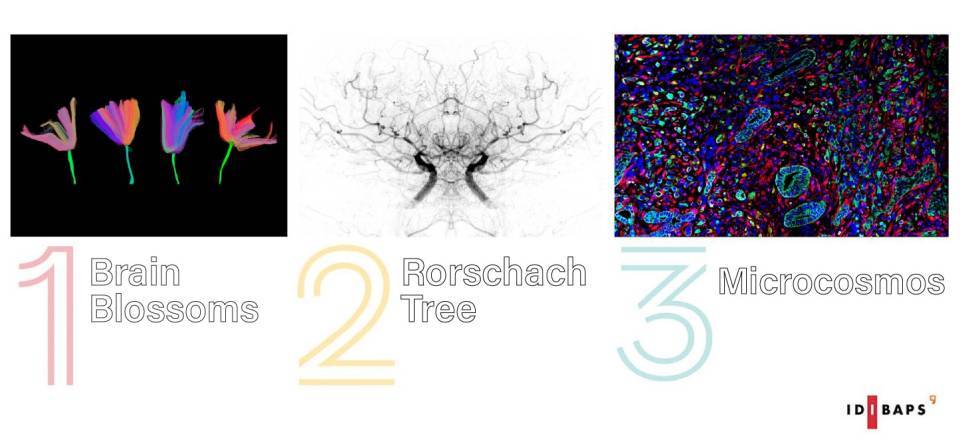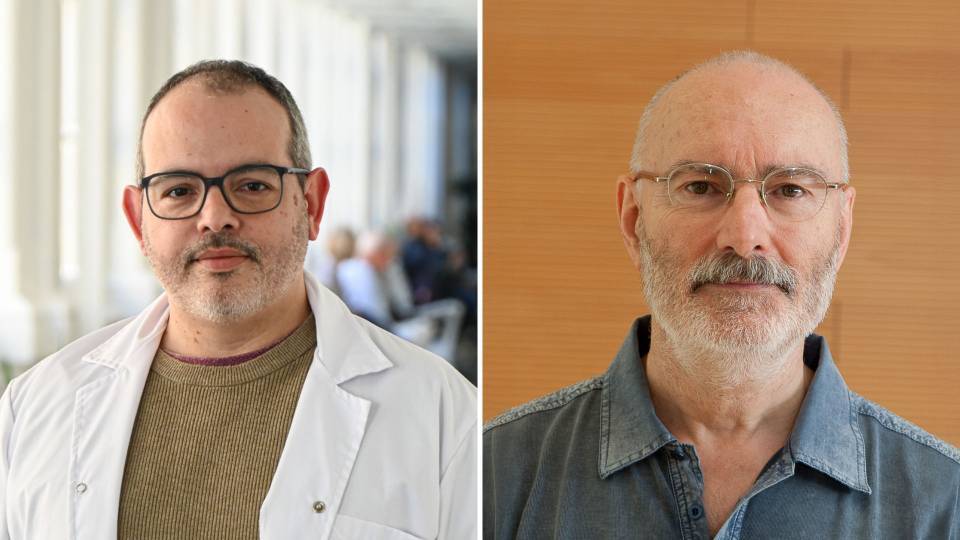In the last ten years, research on regenerative stem cell therapies as a strategy to treat neurodegenerative diseases has advanced substantially. However, a number of challenges still need to be overcome in order to apply them in clinical trials with Huntington's disease patients.
Josep M. Canals, Unai Perpiñá and Cristina Salado, researchers from the IDIBAPS group Physiopathology and treatment of neurodegenerative diseases led by Jordi Alberch, have participated as representatives of Creatio, the Center for Production and Validation of Advanced Therapies of the University of Barcelona, in the elaboration of the white paper for the clinical translation of cell therapy in Huntington's disease. The journal Brain publishes this document, which focuses on the major advances in stem cell therapies and their potential to reach clinical trials. To achieve this goal, experts point out the need to harmonize processes at all stages, from preclinical studies to clinical application.
The challenges identified range from the choice of the right animal models, production at scale, the design of appropriate clinical trials and patient selection protocols, to the management of patients after transplantation. Also, in their conclusions, the experts reinforce the importance of international collaboration and harmonization to ensure that knowledge gained in preclinical studies can be applied to clinical trials.
"We hope that the report will point the way to the problems that need to be solved together to treat Huntington's disease, and not just alleviate its symptoms," states Canals. The researcher and director of Creatio also stresses that regenerative medicine in neurodegenerative diseases focuses on repair. "Unlike pharmacological treatments, cell therapy aims to recover brain cells already lost, making them very promising treatments, since when the disease is diagnosed, the patient has significant neuronal damage that cannot currently be reversed. Therefore, cell therapy should be seen as a complementary option for the treatment of Huntington's patients."
Huntington's disease is a progressive brain disorder that causes uncontrolled movements, emotional issues and loss of thinking ability (cognition). Most cases are diagnosed in adulthood, between the ages of thirty and forty, with severe associated social, economic and emotional impacts on both patients and their loved ones. In addition, Huntington's patients share the main pathophysiological features of more prevalent multigenic and multifactorial neurodegenerative diseases. Given the availability of genetic testing and multiple cellular and animal models, Huntington's disease is an excellent candidate for testing, optimizing and implementing cell therapy. For these reasons, the authors of this white paper hope that these guidelines will also pave the way for other complex neurodegenerative disorders, such as Parkinson's or Alzheimer's disease.
Article reference
Anne E. Rosser, Monica E. Busse, William P. Gray, Romina Aron Badin, Anselme L. Perrier, Vicki Wheelock, Emanuele Cozzi, Unai Perpiña Martin, Cristina Salado-Manzano, Laura J. Mills, Cheney Drew, Steven A. Goldman, Josep M. Canals, Leslie M. Thompson. Translating cell therapies for neurodegenerative diseases: Huntington's disease as a model disorder. Brain. 2022 Mar 9:awac086. doi: 10.1093/brain/awac086.




